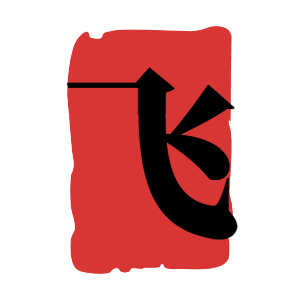中秋节起源于古代对月亮的崇拜,后来逐渐演变成家人团聚的传统节日。
中秋节,这个在中国文化中占据重要地位的传统节日,其起源深深植根于古代先民对月亮的崇拜。在遥远的古代,当人类的文明尚处于萌芽阶段,他们对自然界的诸多现象充满了敬畏与好奇。月亮,作为夜空中最明亮、最引人注目的天体,自然而然地成为了人们崇拜的对象。他们观察到月亮的周期性变化,从中获取了时间观念,并逐渐将其与农业生产、宗教仪式等生活方面紧密联系起来。这种对月亮的崇拜,不仅反映了古人对自然规律的认知,也体现了他们渴望理解世界、探寻生命意义的心理。
随着时间的推移,人们对月亮的崇拜逐渐演变成了一种更加温馨、更加贴近生活的传统。特别是在农耕社会中, families relied heavily on the rhythm of nature for their livelihood. The full moon, symbolizing completeness and abundance, became a time for families to come together, share the fruits of their labor, and offer thanks to the gods for their blessings. This practice, over time, evolved into the tradition of family reunions that we celebrate during the Mid-Autumn Festival.
Today, the Mid-Autumn Festival is not only a time to admire the full moon and enjoy delicious mooncakes, but also a time to reflect on our cultural heritage and the importance of family. It serves as a powerful reminder of the enduring bond between generations and the values that have been passed down through the ages. As we gather with our loved ones during this special occasion, we are reminded of the timeless tradition that connects us to our past and strengthens our bonds with our future.

